Article 14 GDPR. Information to be provided where personal data have not been obtained from the data subject
1. Where personal data have not been obtained from the data subject, the controller shall provide the data subject with the following information:
(a) the identity and the contact details of the controller and, where applicable, of the controller’s representative;
(c) the purposes of the processing for which the personal data are intended as well as the legal basis for the processing;
(f) where applicable, that the controller intends to transfer personal data to a recipient in a third country or international organisation and the existence or absence of an adequacy decision by the Commission, or in the case of transfers referred to in Article 46 or 47, or the second subparagraph of Article 49(1), reference to the appropriate or suitable safeguards and the means to obtain a copy of them or where they have been made available.
(c) the existence of the right to request from the controller access to and rectification or erasure of personal data or restriction of processing concerning the data subject and to object to processing as well as the right to data portability;
ISO/IEC 27701, adopted in 2019, added additional ISO/IEC 27002 guidance for PII controllers.
Here is the relevant paragraphs to article 14(2)(c) GDPR:
7.3.5 Providing mechanism to object to PII processing
Control
The organization should provide a mechanism for PII principals to object to the processing of their PII.
Implementation guidance
Some jurisdictions provide PII principals with a right to object to the processing of their PII.
[…]
Sign in
to read the full text
(d) where processing is based on point (a) of Article 6(1) or point (a) of Article 9(2), the existence of the right to withdraw consent at any time, without affecting the lawfulness of processing based on consent before its withdrawal;
ISO/IEC 27701, adopted in 2019, added additional ISO/IEC 27002 guidance for PII controllers.
Here is the relevant paragraph to article 14(2)(d) GDPR:
7.3.4 Providing mechanism to modify or withdraw consent
Control
The organization should provide a mechanism for PII principals to modify or withdraw their consent.
Implementation guidance
The organization should inform PII principals of their rights related to withdrawing consent (which may vary by jurisdiction) at any time, and provide the mechanism to do so.
[…]
Sign in
to read the full text
(f) from which source the personal data originate, and if applicable, whether it came from publicly accessible sources;
(g) the existence of automated decision-making, including profiling, referred to in Article 22(1) and (4) and, at least in those cases, meaningful information about the logic involved, as well as the significance and the envisaged consequences of such processing for the data subject.
ISO/IEC 27701, adopted in 2019, added additional ISO/IEC 27002 guidance for PII controllers.
Here is the relevant paragraph to article 14(2)(g) GDPR:
7.3.10 Automated decision making
Control
The organization should identify and address obligations, including legal obligations, to the PII principals resulting from decisions made by the organization which are related to the PII principal based solely on automated processing of PII.
[…]
Sign in
to read the full text
(a) within a reasonable period after obtaining the personal data, but at the latest within one month, having regard to the specific circumstances in which the personal data are processed;
(b) if the personal data are to be used for communication with the data subject, at the latest at the time of the first communication to that data subject; or
(c) if a disclosure to another recipient is envisaged, at the latest when the personal data are first disclosed.
4. Where the controller intends to further process the personal data for a purpose other than that for which the personal data were obtained, the controller shall provide the data subject prior to that further processing with information on that other purpose and with any relevant further information as referred to in paragraph 2.
(b) the provision of such information proves impossible or would involve a disproportionate effort, in particular for processing for archiving purposes in the public interest, scientific or historical research purposes or statistical purposes, subject to the conditions and safeguards referred to in Article 89(1) or in so far as the obligation referred to in paragraph 1 of this Article is likely to render impossible or seriously impair the achievement of the objectives of that processing. In such cases the controller shall take appropriate measures to protect the data subject’s rights and freedoms and legitimate interests, including making the information publicly available;
The latest consolidated version of the Regulation with corrections by Corrigendum, OJ L 127, 23.5.2018, p. 2 ((EU) 2016/679). Source: EUR-lex.
To facilitate the work of our consultants, we have collected all the requirements and information that have to be mentioned and created a convenient checklist. Next to each paragraph, we have placed links to specific GDPR articles and guidelines. We grouped all the information into 7 sections:
- Controller’s identity
- Purpose and lawful basis for processing
- Personal data
- Transfers of data to third countries
- Rights
- Changes (in privacy notices)
- Form (of information provided)
It looks like this:
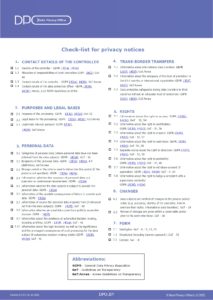
[…]
Sign in
to read the full text

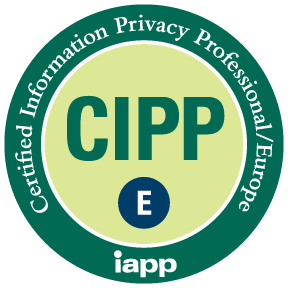
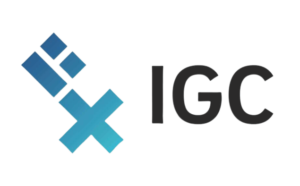
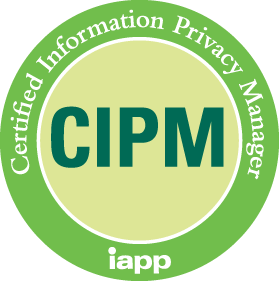
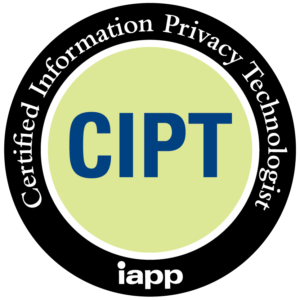

Data Subject Request Letter Sample
Concern: Request of information regarding my personal data
Dear Madam, Dear Sir,
I have a right to be informed, under Article 14 of the General Data Protection Regulation (GDPR), about personal data concerning me that you are processing and that you obtained from any other sources than me…
[…]
Sign in
to read the full text
ISO/IEC 27701, adopted in 2019, added additional ISO/IEC 27002 guidance for PII controllers.
Here is the relevant paragraph to article 14 GDPR:
7.3.2 Determining information for PII principals
Control
The organization should determine and document the information to be provided to PII principals regarding the processing of their PII and the timing of such a provision.
Implementation guidance
The organization should determine the legal, regulatory and/or business requirements for when information is to be provided to the PII principal (e.g. prior to processing, within a certain time from when it is requested, etc.) and for the type of information to be provided.
[…]
Sign in
to read the full text
Document
Article 29 Working Party, Guidelines on transparency under Regulation 2016/679 (2018).
European Commission, Commission Guidance on the application of Union data protection law in the electoral context, A contribution from the European Commission to the Leaders’ meeting in Salzburg on 19-20 September 2018.
EDPB, Guidelines 02/2021 on Virtual Voice Assistants (2021).
Case Law
CJEU, College van burgemeester en wethouders van Rotterdam/Rijkeboer, C-553/07 (2009).
CJEU, YS/Minister voor Immigratie, Integratie en Asiel, C-141/12 and C-372/12 (2014).
CNIL, Cookies : sanction de 35 millions d’euros à l’encontre d’AMAZON EUROPE CORE and sanction de 60 millions d’euros à l’encontre de GOOGLE LLC et de 40 millions d’euros à l’encontre de GOOGLE IRELAND LIMITED (2020).






ISO/IEC 27701, adopted in 2019, added additional ISO/IEC 27002 guidance for PII controllers.
Here is the relevant paragraph to article 14(2)(a) GDPR:
7.4.7 Retention
Control
The organization should not retain PII for longer than is necessary for the purposes for which the PII is processed.
Implementation guidance
The organization should develop and maintain retention schedules for information it retains, taking into account the requirement to retain PII for no longer than is necessary.
[…]
Sign in
to read the full text